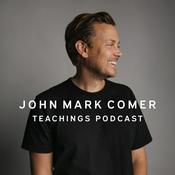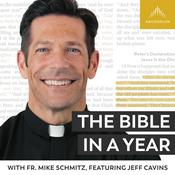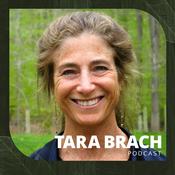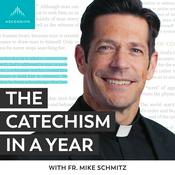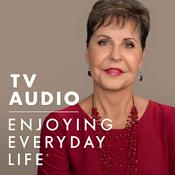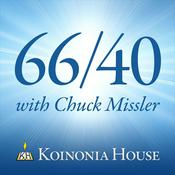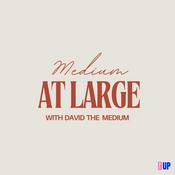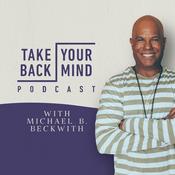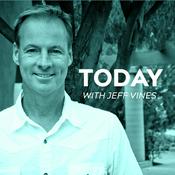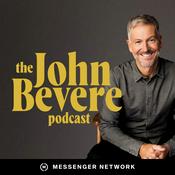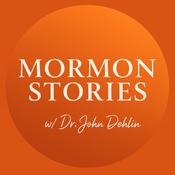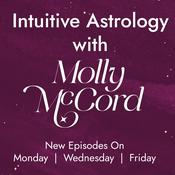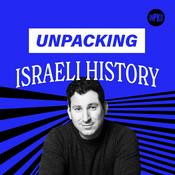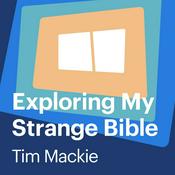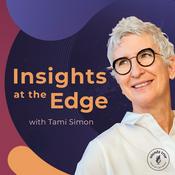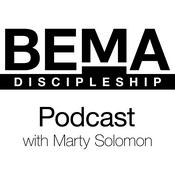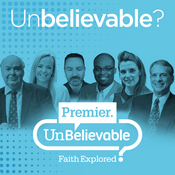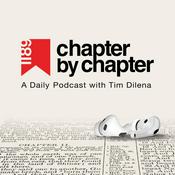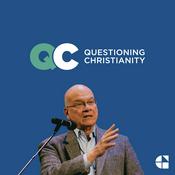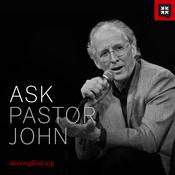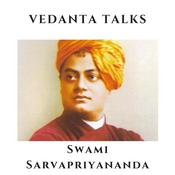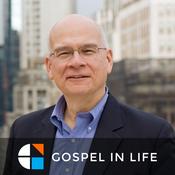280 episodes

Living simply in a complex world: how modern monks navigate AI, social media, and climate change
16/1/2026 | 54 mins.
What does living simply mean in 2025? With an increasingly complex world, it is becoming harder and harder to detach from Earthly possessions. But what if we don't need to, in order to live an awakened and spiritual life?The monks of today don't look like the ones you might picture from your childhood. They carry iPhones, have social media, and catch planes across the world. From Hare Krishna to Humanistic Buddhism, modern followers of mindful traditions grapple with maintaining a connection to the world while not falling prey to its modern trappings of selfishness, consumerism, and greed. How do they do it? And what can we learn from them?GUESTS: His Holiness S.B. Keshava Swami, a Hare Krishna monk, author, and teacher of the Vaishnava Hindu traditionTosana Krsna Dasa, also know as Tilak, a Hare Krishna teacher, pastor and disciple, also a student in both law and religion at the University of SydneyVenerable Dr JueWei Shi, a member of the Fo Guang Shan order of Buddhists and Director of the Nan Tien Institute’s Humanistic Buddhism Centre.This episode of God Forbid was recorded on Dharawal and Gadigal land and produced on Gadigal land. It was first broadcast in January 2025

Coercion, control and worship: Where do we draw the line between a religion and a cult?
09/1/2026 | 54 mins.
Is a cult a misunderstood religion? Or something much more dangerous?The line between high-control religions, new religious movements, and 'cults' is as grey as ever. But the fascination we have with these groups is only getting stronger. What counts as a 'cult'? Is it your highly controlling tech workplace? Your gym with a forever-binding contract? Or does the casual use of the word 'cult' do a disservice to those stuck in dangerous and emotionally manipulative religious and spiritual organisations?To shed some light on the difference between a new religious movement, a cult, and your regular high-control Pentecostal mega-church are the God Forbid guests who have lived, studied, or spoken to survivors of these groups. GUESTS: Professor Carole Cusack, Professor of Religious Studies at the University of Sydney, specialising in new religious movements (NRMs) contemporary religious trends and Western esotericism.Sarah Steel, host and creator of award-winning podcast, Let's Talk About SectsScott Parker, writer and star of stage production, Hillsong BoyThis episode of God Forbid was made on Gadigal land and first broadcast in May 2025. Technical production by Craig Tilmouth and Tegan Nicholls.More InformationIf you or someone close to you has been affected by an extreme or controlling group, you can make a submission or anonymous report to the Victorian Parliamentary Inquiry here: Inquiry into the recruitment methods and impacts of cults and organised fringe groups. If you need support or help you can call Lifeline 13 11 14

Did the human species invent the Bible?
01/1/2026 | 54 mins.
If God says that man is fallible, and man wrote the Bible, then how can we know that the Bible is the true word of God?

Why do we fear fat?
25/12/2025 | 54 mins.
For most of history, body size has been about more than just health — it’s been a tool of control. From colonial ideals of “discipline” to modern-day diet culture, our ideas about fatness and thinness are deeply tied to morality, power, and profit. But are we getting it all wrong?Why do we see fatness as a personal failure rather than a natural variation in human bodies? How have our ideas of race and femininity affected our ideas of acceptable fat? Is public health really about health, or does it fuel stigma? And in an era of body positivity, have we actually made progress — or just rebranded the same old shame?GUESTS:Tess Royale Clancy, fat activist and co-founder of Radically Soft, Sydney’s first ever market for plus sized 2nd hand & new clothes. April Helene-Horton aka The Bodzilla, body positivity advocate, model, and a 2025 ambassador for the Butterly Foundation. Dr Kathryn MacKay, researcher in feminist bioethics and a lecturer at the Sydney Health Ethics Centre. Dr Jane Williams, researcher at the School of Public Health at the University of Sydney and the Australian Centre for Health Engagement, Evidence and Values (ACHEEV) at the University of Wollongong. Also co-host of the Undisciplinary podcast.This episode first went to air in April 2025This episode of God Forbid was made on Gadigal and Ngunnawal land.Technical production by Roi Huberman and Dylan Prins.

Close encounters of the religious kind: how God and UFOs have both begun religious movements
18/12/2025 | 54 mins.
Looking towards the heavens for meaning doesn’t always mean looking to God. UFOs (and the modern moniker UAPs) have long been the food for thought of sceptics, theologians, and astrobiologists alike. But what does belief in these mysterious phenomena have in common with religion? And what implications does life outside Earth have for the existence of God? GUESTS:Bill Chalker, UFO researcher. Contributing editor, International UFO Reporter. Author of Hair of the Alien and The Oz Files: The Australian UFO Story. Reverend Dr Tim Jenkins, Reader in Anthropology and Religion, Divinity Faculty, University of Cambridge. Author of Images of Elsewhere Dr. Diana Walsh Pasulka, Professor, Religious Studies, University of North Carolina Wilmington, specialising in UFO and UAP religions This program first went to air in February 2025This episode of God Forbid was produced on Gadigal land, and recorded on Gadigal and Dharug land as well as the sovereign land of the Eastern Band of Cherokee Indians.
More Religion & Spirituality podcasts
Trending Religion & Spirituality podcasts
About God Forbid
Listen to God Forbid, John Mark Comer Teachings and many other podcasts from around the world with the radio.net app
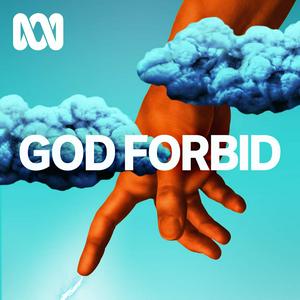
Get the free radio.net app
- Stations and podcasts to bookmark
- Stream via Wi-Fi or Bluetooth
- Supports Carplay & Android Auto
- Many other app features
Get the free radio.net app
- Stations and podcasts to bookmark
- Stream via Wi-Fi or Bluetooth
- Supports Carplay & Android Auto
- Many other app features


God Forbid
download the app,
start listening.
